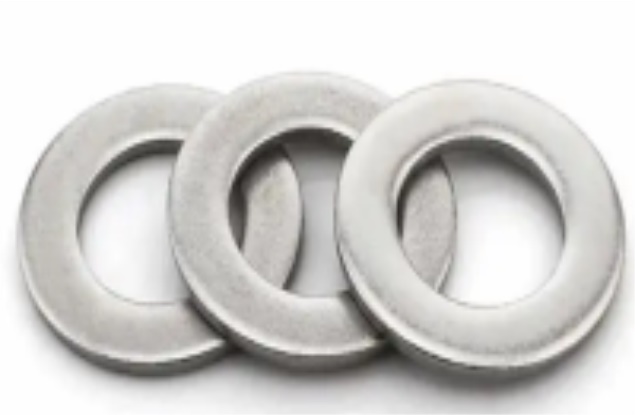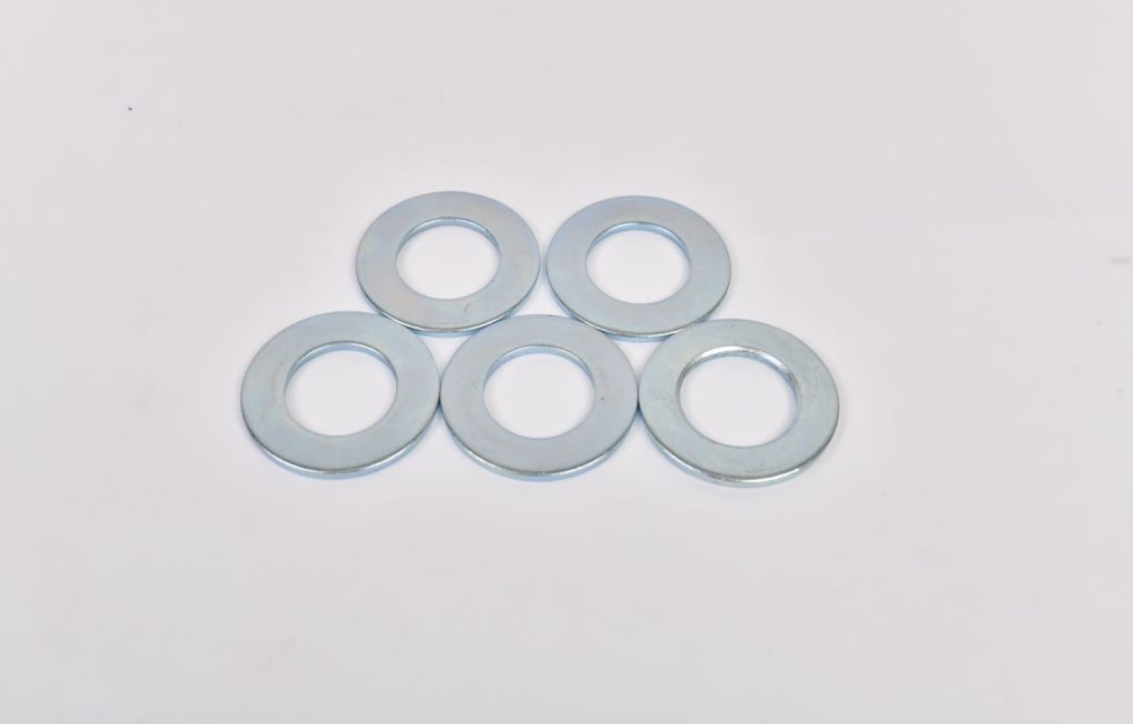2월 . 16, 2025 13:25
Back to list
flat washer material
Choosing the right material for flat washers is crucial in ensuring the durability and reliability of any assembly. Flat washers, seemingly simple components, play a significant role in distributing load, preventing leaks, and protecting surfaces from damage. With a range of materials available, making an informed choice requires a deep understanding of material properties and suitability for specific applications.
For applications requiring non-metal washers, nylon and rubber are popular choices. Nylon washers are known for their excellent insulation properties and resistance to abrasion, chemicals, and wear. This makes them perfect for automotive, electronics, and certain industrial applications where noise reduction is also desired. Rubber washers, on the other hand, provide exceptional sealing and vibration damping, crucial for plumbing or hydraulic applications. Rubber’s flexibility and resilience make it ideal for environments where movement or expansion and contraction are factors. Copper washers, though less common, offer high thermal and electrical conductivity, making them invaluable in high-temperature or electrical applications. Their malleability also makes them excellent for sealing applications, as they can easily conform to irregular surfaces. Selecting the appropriate material involves assessing various factors, including the environmental conditions the washer will be exposed to, mechanical demands, and any special properties needed, such as electrical insulation or thermal resistance. Consulting with material engineers and making use of standardized industry specifications can further aid in making the optimal selection. Ultimately, understanding the true potential and limitations of these materials ensures that the chosen washer fulfills its function effectively. Recognizing the critical role that flat washer material plays in system integrity can prevent failures, reduce maintenance costs, and ensure the longevity of the assembly. An informed decision not only enhances the performance of the component in question but also reinforces trust in the productivity and safety of the entire system.


For applications requiring non-metal washers, nylon and rubber are popular choices. Nylon washers are known for their excellent insulation properties and resistance to abrasion, chemicals, and wear. This makes them perfect for automotive, electronics, and certain industrial applications where noise reduction is also desired. Rubber washers, on the other hand, provide exceptional sealing and vibration damping, crucial for plumbing or hydraulic applications. Rubber’s flexibility and resilience make it ideal for environments where movement or expansion and contraction are factors. Copper washers, though less common, offer high thermal and electrical conductivity, making them invaluable in high-temperature or electrical applications. Their malleability also makes them excellent for sealing applications, as they can easily conform to irregular surfaces. Selecting the appropriate material involves assessing various factors, including the environmental conditions the washer will be exposed to, mechanical demands, and any special properties needed, such as electrical insulation or thermal resistance. Consulting with material engineers and making use of standardized industry specifications can further aid in making the optimal selection. Ultimately, understanding the true potential and limitations of these materials ensures that the chosen washer fulfills its function effectively. Recognizing the critical role that flat washer material plays in system integrity can prevent failures, reduce maintenance costs, and ensure the longevity of the assembly. An informed decision not only enhances the performance of the component in question but also reinforces trust in the productivity and safety of the entire system.
Next:
Prev:
Latest news
-
Top Choices for Plasterboard FixingNewsDec.26,2024
-
The Versatility of Specialty WashersNewsDec.26,2024
-
Secure Your ProjectsNewsDec.26,2024
-
Essential Screws for Chipboard Flooring ProjectsNewsDec.26,2024
-
Choosing the Right Drywall ScrewsNewsDec.26,2024
-
Black Phosphate Screws for Superior PerformanceNewsDec.26,2024
-
The Versatile Choice of Nylon Flat Washers for Your NeedsNewsDec.18,2024
Related News










